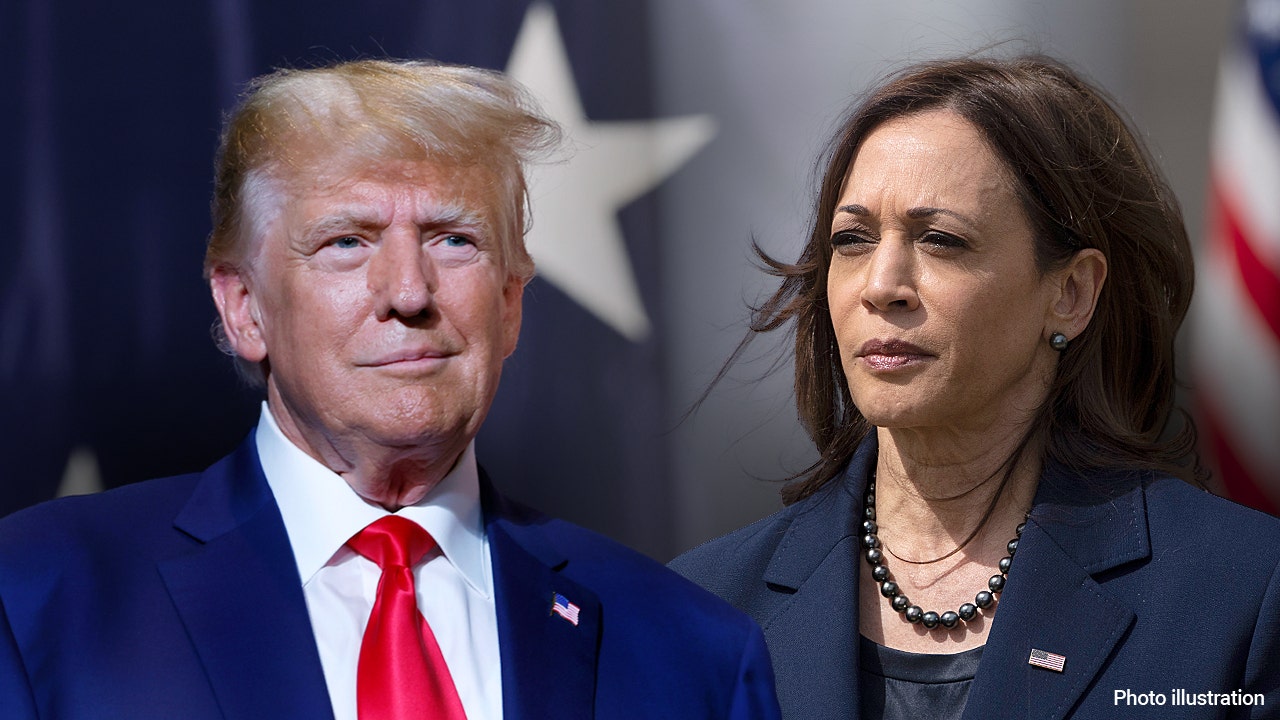Trump clinched a higher percentage of Muslim voters compared to Jewish voters in recent election

President-elect Donald Trump may have a track record that suggests a strong preference for Israel over the Palestinian cause, but he surprisingly lost the Jewish vote by a larger margin than he lost the Muslim vote. According to Fox News Voter Analysis, Vice President Kamala Harris won the support of Jewish voters by a significant 34 percentage points, with 66% voting for her compared to 32% for Trump.
Despite efforts by Republicans to paint Democrats as inconsistent on Israel, Jewish voters only narrowly shifted towards Trump in the 2020 election. President Biden secured 69% of the Jewish vote, while Trump garnered 30%. On the other hand, Muslim voters favored Harris by 32 percentage points, with Trump winning 32% of their vote and Harris winning 63%. In the 2020 election, Biden had won 64% of the Muslim vote, while Trump had won 35%.
Interestingly, Trump managed to secure a majority of the vote among evangelical Christians, Catholics, and Mormons. Some Democrats were concerned that third-party candidate Jill Stein could potentially draw votes away from Harris among disaffected voters, including Muslims. However, only 4% of Muslims ended up voting for a third-party candidate.
Throughout the campaign, Harris attempted to navigate a delicate balance between supporting Israel and acknowledging the rights and struggles of Palestinians. She refused to distance herself from Biden’s Middle East policy and emphasized Israel’s right to self-defense. Despite calling for a ceasefire and expressing a desire for peace in the region, Harris faced criticism from Palestinian supporters in the U.S. who viewed U.S. aid to Israel as enabling the ongoing conflict.
The Biden administration’s handling of military aid to Israel also came under scrutiny, with concerns raised about the delivery of 2,000-pound bombs and their impact on civilian populations. Trump capitalized on Arab American disillusionment with the Biden administration’s approach to the Middle East conflict, appealing for peace and normalcy in the region.
During his first term, Trump made significant moves in the Middle East, including relocating the U.S. embassy in Israel to Jerusalem and brokering peace deals between Israel and four Arab countries. Despite suggestions that Harris may favor the Palestinian cause over Israel, Trump himself acknowledged Israel’s struggles in the PR war and emphasized the need for victory and normalcy in the region.
As the political landscape continues to evolve, the dynamics between the U.S., Israel, and the Palestinian cause remain complex and multifaceted. The 2020 election results highlight the diverse perspectives within the American electorate and the challenges of navigating foreign policy in a region fraught with conflict and history.




